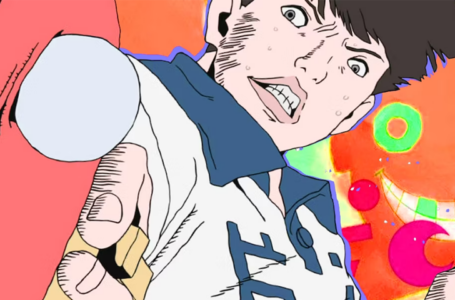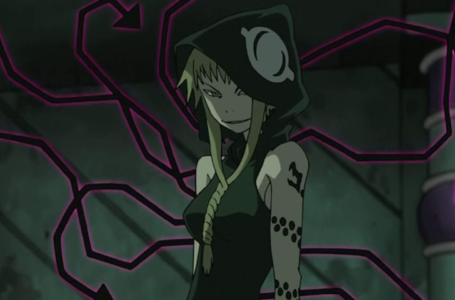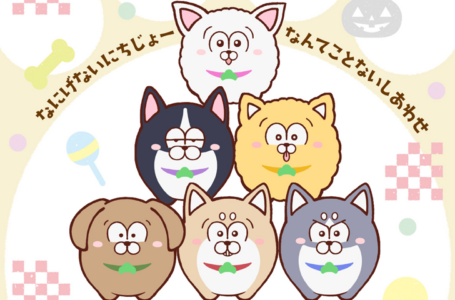Anime has always been political, and that shouldn’t scare you
Anime is an art form and all art is inherently political. That isn’t a new idea to most people, but there are still those in the anime community that insist that their favourite shows lack a political message. The truth is that Gundam was never just about robots in space and Akira wasn’t an instruction manual on how to do a wicked drift on a motorcycle. Anime has always been political and even the most stubborn of fans must learn to accept that.
This isn’t the first time I’ve written about this particular subject and it likely won’t be the last. Talking about the political messages in our favourite anime is fun to me and I won’t stop until the message finally sinks into the rest of the anime community.
Your favourite anime has always been political
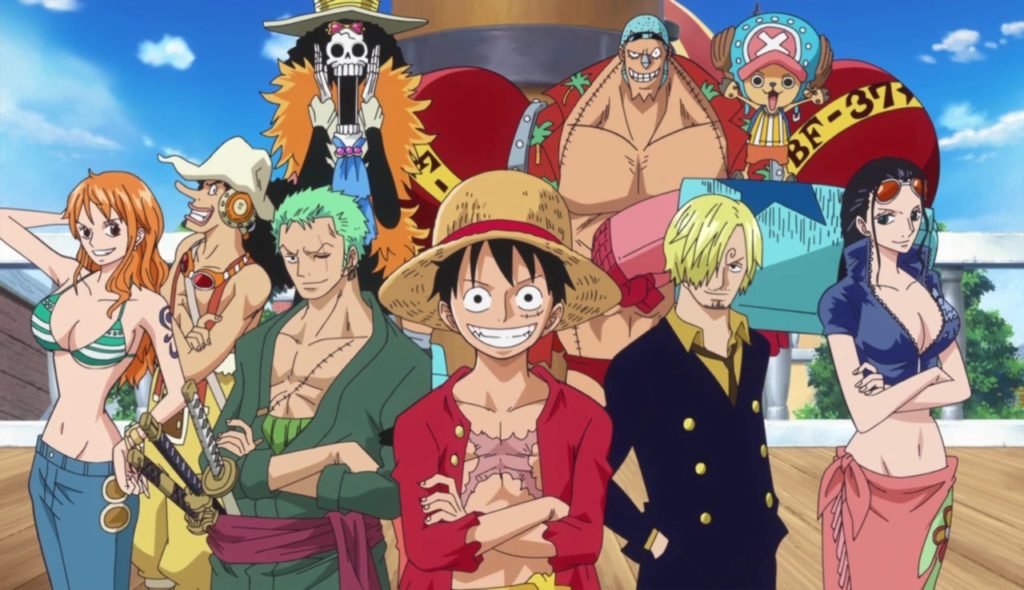
Last year, I mentioned that some of the all-time classic anime have had serious political messages hidden in them, but they aren’t always as subtle as Frieza’s origins as a real estate speculator. Though it is presented as a world of fun and adventure when viewed through Luffy’s hopeful eyes, the world of One Piece is a stark political message about genocide and inequity. There is a huge difference between those with power in Oda’s iconic manga and those without it.
One Piece is all about the inherently oppressive nature of any government and the need for everyone to find their own personal refuge from it. For Luffy and the Straw Hats, that means banding together to live outside of the brutality and cruelty of the World Government’s control. Even from the early days, this anime has always been political, with stories that showed how greed and corruption weren’t considered worthy of punishment. Axe-Hand Morgan rules the tiny island of Shell Town, allowing his son free rein to use the town as his playground.
This corruption doesn’t draw the ire of the World Government, but later the smallest acts of defiance received harsh punishments. In One Piece, the only crime worth mentioning is resisting the government’s control, and the government only exists to protect those in power. Luffy, for all his cheerful antics, is the embodiment of that resistance. In the Straw Hats, he creates a place where people of all types can exist and work together for the greater good. His goal is to create a small paradise within the oppressive government’s control. You can catch the whole series on Crunchyroll if you want to see for yourself.
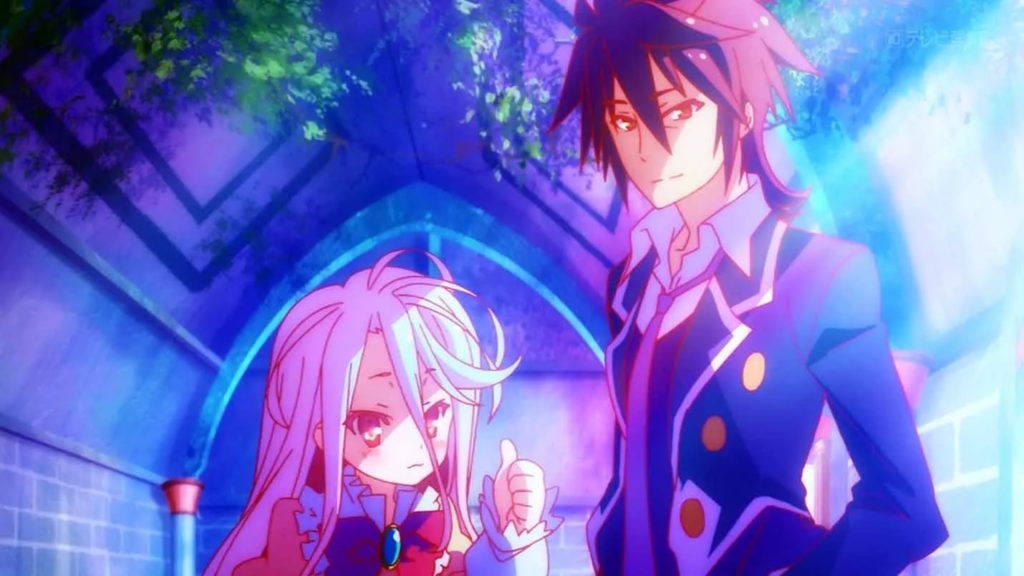
Not convinced that anime has always been political? Take something as simple as No Game No Life. This isekai is built on a solid foundation of ridiculous fan-service, but also exists in a racist hierarchy. Each race is divided into a nation, with humanity occupying the bottom rung because they did not inherit any magical abilities or super senses. Much like those with generational wealth in the real world, those other races did nothing to earn their preferred status. Instead, they accepted it as the way it was meant to be.
It takes a massive collective action by humanity, the wagering of their entire livelihoods and freedoms, to break out of that stalemate. Similar to real-world civil rights movements, which require massive risk for those that stand to benefit from them, this is a dangerous move and isn’t an initially popular decision. As bad as the status quo is for humanity, it is safer than the unknown they are venturing toward. The fact that the gamble succeeds is celebrated, obviously — just like civil rights leaders are lambasted by the media during their day only to be acknowledged when their movements end up being successful.
No Game No Life is a silly show, but it still has a political message mixed in there. It is undeniable because these stories are all written by people and people have political leanings. Anime has always been political and it always will be. You can choose to ignore the message within it but that doesn’t mean that it isn’t there. It just means you aren’t paying close enough attention.
A second opinion
Hello folks, Editor Pete here. I enjoyed Trent’s discussion above and felt like adding to it, particularly given the… colourful nature of some discussions we’ve seen recently.
There’s an assumption among certain quarters of the Japanese popular media fandom that “political” means “inserting tonally inconsistent personal beliefs into a work where they don’t belong”, but that’s not what it means at all. “Political” simply means that there’s something in it that we can relate to the real world; something that we can learn from. It’s not a scary word, it’s not a dangerous word and it most certainly doesn’t mean that your favourite works are being “overrun” by what some perceive to be obtrusive western values.
That said, there’s a certain amount of misconception over what these “obtrusive western values” might be anyway. Regrettably, we still see certain parts of the anime fandom getting riled up any time people of colour are mentioned, or racism is highlighted and criticised, or gender roles are challenged, or trans people are acknowledged, or homosexual people are included outside of explicitly yaoi or yuri works.
And this is downright daft, because we’re starting to see a lot more works in Japanese popular media specifically exploring things outside of what we’ve come to think of as the “default” settings. Take the manga Love Me For Who I Am, for example; this is a series that explores the struggles of a female-presenting non-binary character, and the things that the people around them learn from their experiences.
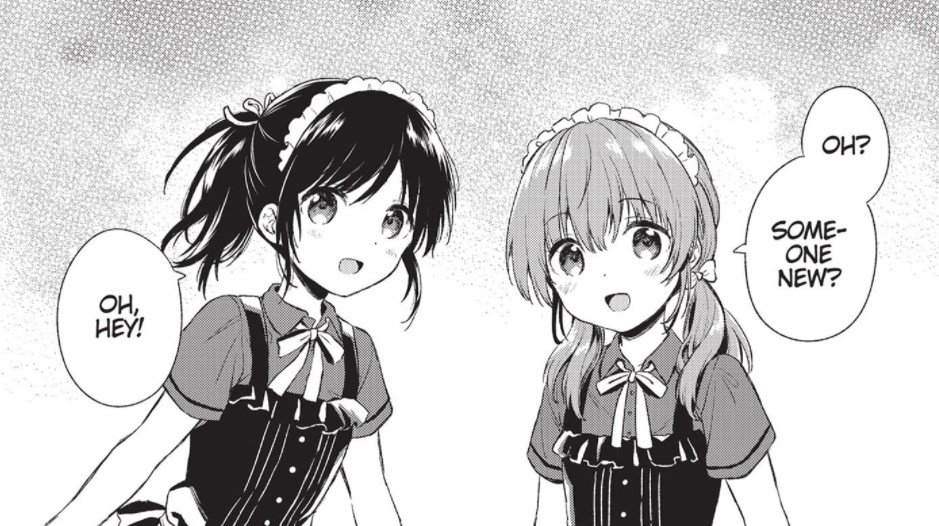
And it’s super-enjoyable; it’s not preachy or over-the-top — it’s believable, understandable and relatable. I learned a lot from it. I don’t mind admitting that I didn’t really have a solid understanding of non-binary people prior to reading it, but after going through all five volumes, I feel like I have a better idea now — as well as the questions I might want to ask if I wanted to know more. That’s a good thing.
Even works that don’t seem particularly political — yuri manga Our Teachers Are Dating! presents a rather idealised look at a same-sex relationship, for example — can help us to understand things by making us ponder exactly why we don’t always see such idealised situations in reality. How can we make life better, so that everyone can enjoy life like Hayama-sensei and Terano-sensei? That’s a political question.
Political content isn’t scary. It’s not about shoving in Trump or GamerGate jokes where they don’t belong — that will always be stupid, make no mistake, and that’s why the rare instances where that has actually happened ended up getting “corrected” for later releases.
It is, instead, about being able to use the media that we enjoy to understand our own world better. It doesn’t mean that we can’t use it as escapism or to get away from the more toxic side of life in 2022 — but it does mean that the things we learn from it can always help develop our worldview and question our beliefs, in turn helping us to formulate our own meaningful opinions about things in reality.
I don’t know about you, but that sounds like something to be celebrated rather than feared. I’d certainly rather learn from something with colourful cute girls than a stuffy old book by a smelly old guy with a beard. And I am a smelly old guy with a beard.
Join The Discussion
Rice Digital Discord
Rice Digital Twitter
Rice Digital Facebook
Or write us a letter for the Rice Digital Friday Letters Page by clicking here!
Disclosure: Some links in this article may be affiliate links, which means we may earn a small commission if you make a purchase after clicking on them. This is at no additional cost to you and helps support Rice Digital!
- Six of the best Stands in JoJo’s Bizarre Adventure - June 2, 2023
- 4 of the best JRock tracks from May - June 1, 2023
- Hump Day Husbandos: Guts (Berserk) - May 31, 2023




